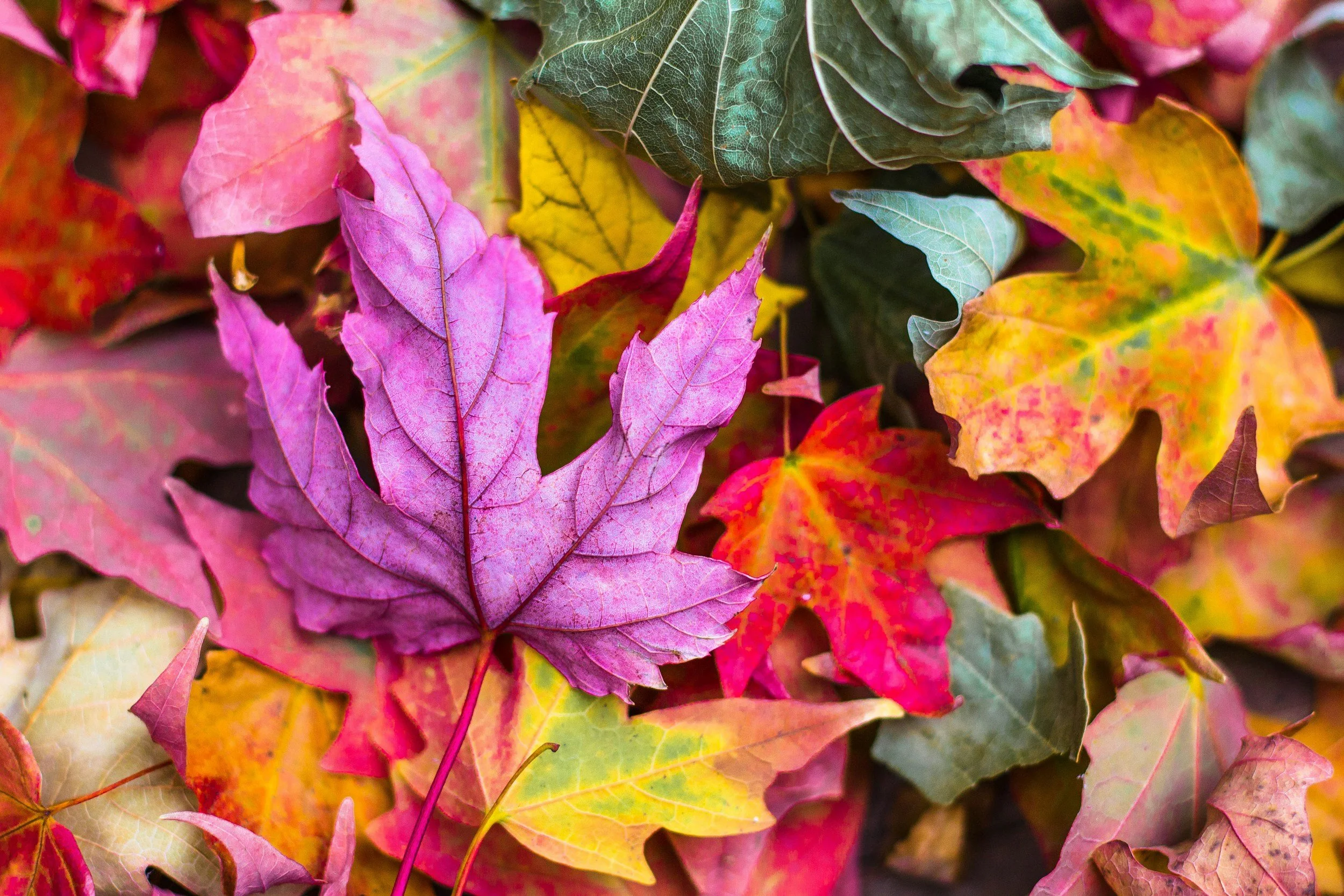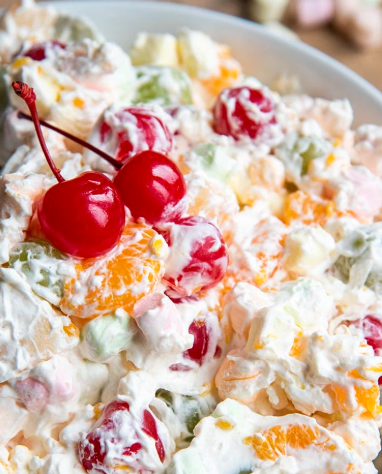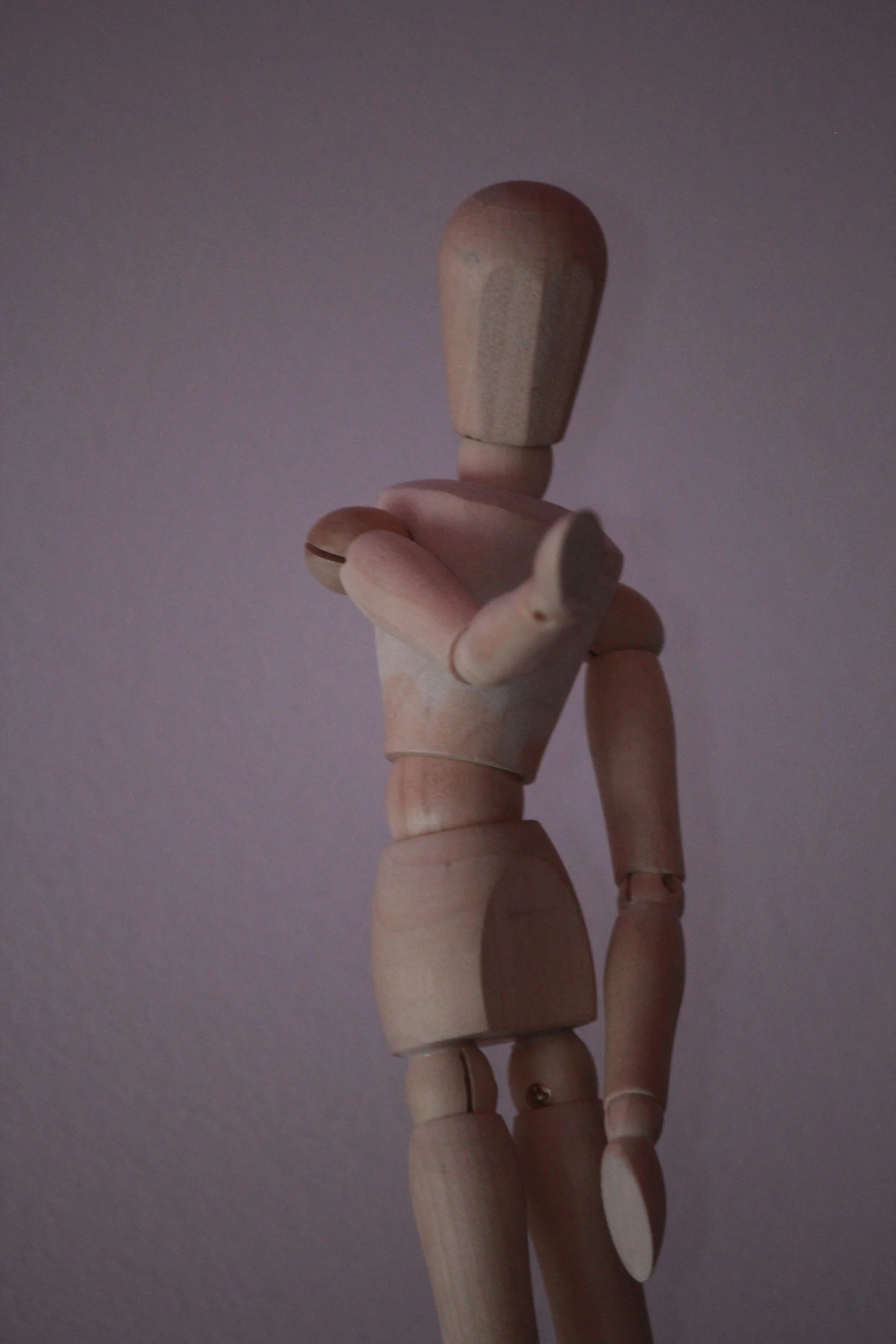Black Girl Innocence
I had teenage dreams of spending spring break in Seaside, Florida. I grew up in Tallahassee, and it seemed as though the Who’s Who of the Panhandle vacationed there.
I wanted to be with the cliques of girls I saw on Facebook and Instagram. Girls with sun-kissed skin, hair wavy from the sea salt, and endless numbers of cute boys in their phones. I wanted to be known, to be desired, to be called upon. I wanted to belong.
Residents and visitors stroll the sleepy streets in this distinctly non-car-centric town. Boutiques and food trucks surround the main hub. The Seaside website features this quote from the city’s co-founder, Daryl Rose Davis: “Seaside is that warm breeze that gently stirs the chimes on the front porch.” Jim Carrey, Laura Linney and an entire film crew descended here to film The Truman Show. The film received dazzling reviews and countless award nominations.
Then, when I was 16, my dream finally came true.
I jumped for joy when a friend invited me to stay with her in Seaside. I packed my favorite outfits and accessories with the excitement of a kid who sees an ice cream truck. I couldn’t wait to wear my flowery one-piece suit from Forever 21. It was attractive without revealing too much.
My body and I were in the introductory phase of a relationship, and I was still getting used to curves that seemed to arrive with overnight shipping. There was no time to feel even an ounce of teenage insecurity; I was vacationing in Seaside, the place to be seen.
My friends and I languished on the beach, our towels lined next to each other, our minds swimming with high school gossip. My eyes squinted beneath my sunglasses as I admired the view. I felt the sunbeams on my chest, the heat prickling my skin. The ocean roared. The air swirled with salt and creamy SPF lotion. Only rain could ruin this day.
I people-watched and noticed a shirtless lifeguard in red shorts. A whistle circled his neck. His shoulder-length hair bounced with each sinking step on the white-hot sand. He remained close to his station. Then he turned and slinked towards me.
He was 20 or maybe 30-something. He was white.
He stood before me and raised his hand. I gave him a high five. He squeezed my hand and would not let go.
“The Blacker the berry,” he said, “the sweeter the juice.”
He dropped my hand and walked away.
My friends and I laughed it off. Laughter acted as medicine and healed our discomfort. I painted my face with a smile and a lump formed in my throat.
In that moment, my rose-colored vision turned to shades of grey. Suddenly, I could see the beach more clearly. White men, like the lifeguard, covered the beach. Black skin, like my own, was a rare sight. The sun felt brighter. The ocean screamed and crashed like a thunderclap.
I thought that rain might ruin the day. I was wrong.
*
From a very young age, I loved the water. My older brother was a lifeguard at our neighborhood pool. He taught me how to swim when I was 7. His instruction was akin to a drill sergeant’s. Stop wiping your eyes! You will tread water; do it right now! He wanted me to succeed. He wanted me to be safe.
My brothers and I swam together often; we’d roughhouse by throwing each other in the pool. Swimming became a familial pastime. I could do backflips underwater and imitate Olympic swimmers performing the butterfly. I even tried out for the swim team in third grade but quit once another swimmer accidentally kicked me in the face. Still, I loved the water.
Beaches were a respite, not only for me but for my parents. We felt safe there.
Our family often traveled to Hilton Head Island in South Carolina during the summer. We rented a behemoth of a house just steps from the Atlantic. We took family portraits during one trip. In the photos, my hair is poofy, reaching up to the sky, while I smile with my baby teeth and throw peace signs at the camera.
We also visited Destin, a resort town not far from Seaside. The Holiday Inn in Destin had an indoor and outdoor pool. Days before the trip, I dreamed of these pools, my body moving through the water like a graceful mermaid. When we arrived, my mother shook her head and laughed at me as I explored the depths of both pools. From underwater, I could still hear the word search game she played on her phone.
My mother taught me to be grateful for bodies of water. She told me: leave your worries on the water, and all will float away. I sat with her at a pond, dried tears covering my cheeks as I vocalized my first heartbreak. I looked at my reflection on a lake in Tallahassee while stressing over final exams. In the years following my mother's death, I visited beaches near Tampa, where I attended college, often. I sat on a towel and flexed my toes in the cool sand. I watched the waves in all its glory. I admired the orange sunset. I left my worries on the water.
*
A snake slithers on its stomach. A bear crawls through the woods. An adult man beelines towards a teenage girl. One of these things is not like the other. Animalistic behaviors ought to be subscribed to humans as well.
The lifeguard’s words gnawed at me for the rest of that beach trip and years afterward. He enraged me. But the power of self-doubt tempted me to absolve him. It kicked my anger out of view. Teenager me justified his words like this:
I look older for my age. Lie.
Maybe I misheard him. Lie.
It was a compliment. Lie.
He flirted with me. Lie.
I am desirable. To a grown man? No.
The lifeguard’s “compliment” shattered my idyllic view of Seaside. I no longer viewed the beach town as a shortcut to popular circles. What’s worse is the lifeguard wasn’t the only one who contributed to my disdain. Something else occurred.
My friends and I spent many nights walking around Seaside. One night, we approached a group of teenage boys. We did not recognize them, but that was more than fine. We wanted nothing to do with the boys we knew from school. They were all white except for one. He was Black.
We all talked for a bit and laughed. A few of the white boys shoved the Black boy towards me.
Kiss! Kiss Kiss! Kiss! They chanted.
The Black boy’s eyes grew in size. He didn’t want to kiss me. I felt the same. We knew nothing of each other. We had nothing in common except for our Blackness.
The white boys wanted to see a show. We were the actors in this performance.
Kiss! Kiss Kiss! Kiss!
Lace up those tap shoes, smear your face with charcoal, enlarge those lips with red lipstick, and dance for us. Beat on your chest. Creep on the ground. Won’t you do it this once, girl? Boy, do it. Bravo!
We did not kiss. I don’t remember how my friends and I left this group of boys. All I remember is that same lump in my throat.
When I think of that spring break trip, nearly a decade later, pain sprints into view first. Then, the happiness arises. I remember I had fun on that trip. I ate delicious grilled cheese sandwiches from a food truck. We attended house parties. We watched movies on a rainy day (The Loft, to be exact. I developed a short-lived crush on Karl Urban because of that movie).
To this day, though, the laughs and conversations my friends and I shared feel like a whisper down a long hallway. The other two experiences stick out to me in the brightest technicolor. My memories of girlhood and innocence are clouded. It’s as if someone snuck into the scrapbook of my mind and ripped each picture, leaving only the lifeguard and white boy rally intact with impenetrable duct tape.
My illusions about Seaside disappeared after my spring break trip. After that, I associated Seaside with ignorance and racism. I feared the place and shuddered at its mention. My mindset shifted when I realized Seaside wasn’t the problem; it was some of the people. I did not fear the beach or lounging at pools. What scared me is what many Black girls and women fear: my Black body can be objectified, sexualized, and targeted.
But, I was determined not to let those two experiences in Seaside ruin my love of water. That will never fade. But neither will my awareness of my surroundings and people. Staying aware is survival. It’s a tactic all girls usually learn before becoming women.
Pieces of my girlhood were shattered that day on the beach. If I could, there’s one thing I’d change. I go back to Seaside in my head.
The lifeguard was 20 or maybe 30-something. He was white. He stood before me and raised his hand. I gave him a high five. He squeezed my hand. He would not let go.
“The Blacker the berry,” he said, “the sweeter the juice.”
With the strength of a WWE superstar, I launched into the air, my fists landing on his head. I throw sand in his face.
I never blame the Forever 21 bathing suit that covers my body. Nor do I blame myself.
-Lee Alisha Williams
Lee Alisha Williams is a writer and content creator based in Florida. In 2022, she graduated with a Bachelor’s in English from the University of South Florida. She is pursuing an MFA in Narrative Nonfiction from the University of Georgia. Her work has been published in Teen Vogue, Business Insider, Fodor’s Travel, and more. When she’s not reading or writing, she spends time with her pet turtle and curates fashion and book recommendations in her blog and newsletter, Wearing On My Mind.




